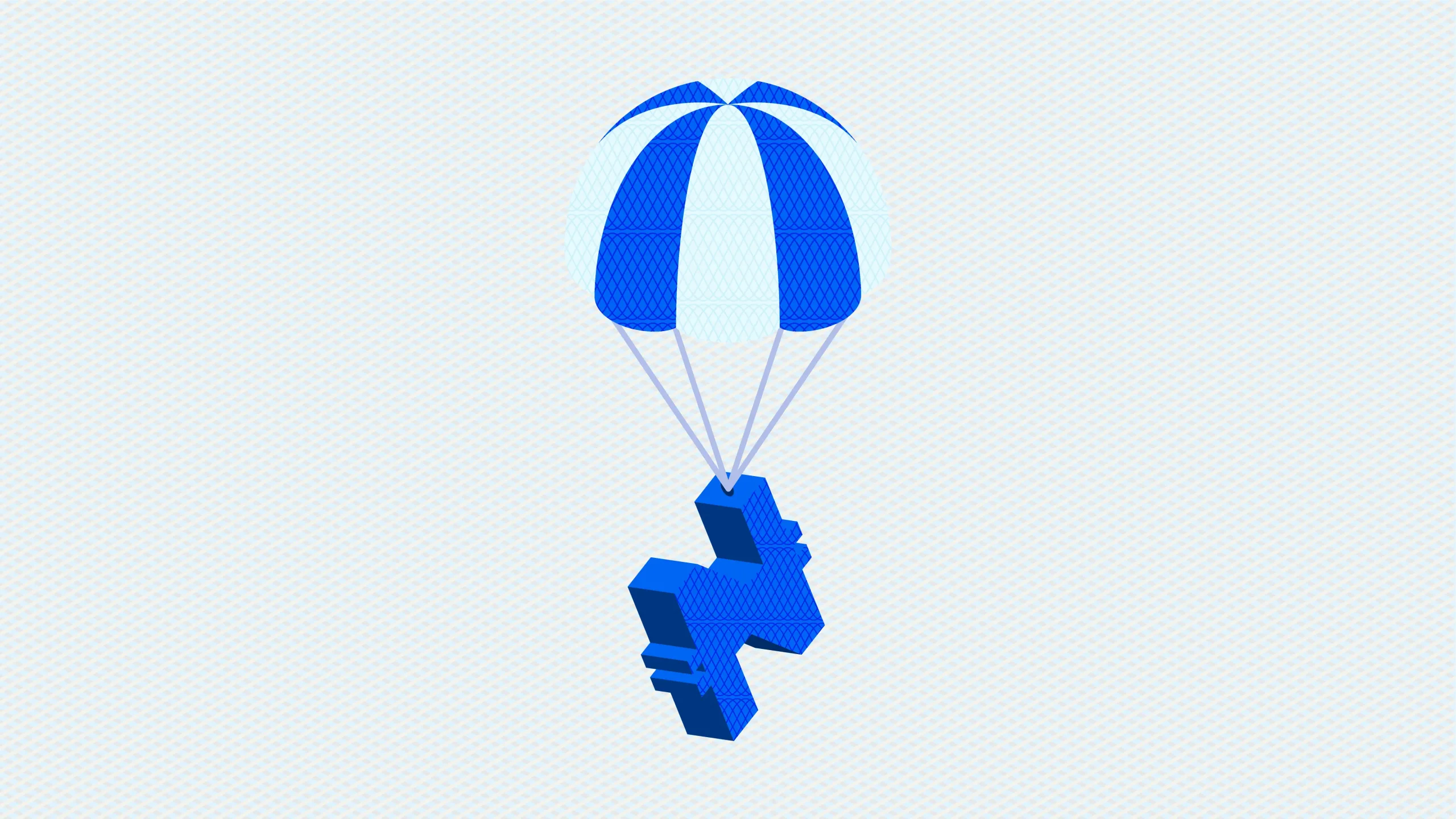
Inflation and deflation are two opposing economic events that can have huge impacts on individuals, businesses, and the economy at large. They both come with their challenges and can be detrimental under certain circumstances.
To find out which is worse, it is essential to understand their differences and consider the context in which they occur.
Let’s dive in.
What is Inflation?
Inflation is the persistent rise in prices of goods and services over time in an economy.
It measures how quickly prices are rising and can be caused by several factors such as increased consumer demand, less supply of goods and services, or expansionary monetary policies by central banks.
To understand this clearly, here’s an example:
Imagine you used to buy one cup of groceries (cassava flakes) for ₦50 in 2022, but it now costs ₦60. That is, you need an extra ₦10. Now you have to spend more to buy the same things.
Inflation can be a bit frustrating because it can make it harder to save money and may need to increase your earning to keep up with rising prices.
What is Deflation?
Deflation is the persistent decline in prices of goods and services.
It is characterized by an increase in a currency’s purchasing power. Deflation occurs due to several factors such as reduced consumer spending, decreased demand for goods and services, or restrictive monetary policies.
Remember our example of purchasing groceries? Now imagine it costs ₦40 instead. That’s deflation. The fall of prices of goods and services.
While it might seem great because things are cheaper, it can be a problem.
When there is a price decline, people tend to have a notion that they will get an even better deal later so they wait to buy stuff.
When everyone does this, it prevents businesses from selling much and they might have to lay off workers or even close down. This implies that deflation can lead to job losses and economic trouble.
Differences between Inflation and Deflation
| # | Inflation | Deflation |
| 1 | Rise in the cost of goods and services in an economy | Fall in the cost of goods and services in an economy |
| 2 | Decrease in a currency’s purchasing power | Increase in a currency’s purchasing power |
| 3 | Increase in demand for goods and services | Decrease in demand for goods and services |
| 4 | Income is unevenly distributed | Unemployment gets on the high side |
| 5 | An economy benefits from moderate inflation | The economy does not benefit at all from deflation |
Which is Worse?
Both have the potential to harm economies and individuals, but the severity of their impact depends on various factors such as the economic context, expectations, magnitude, government policies, etc.
For example, a case of high inflation level or hyperinflation can be detrimental. When prices skyrocket rapidly, people’s purchasing power is diminished quickly. Savings lose value because what you can purchase now is way less than what you can before the hyperinflation event occurred.
This makes it challenging for people to plan for the future. Businesses may struggle to set prices and make long-term investments as uncertainty prevails. Zimbabwe’s hyperinflation in the late 2000s is a very good case study of how destructive inflation can become where the prices doubled almost every 24 hours.
On the other hand, Japan’s experience in the 1990s and 2000s provides an example of the challenges associated with deflation. It was a prolonged period of falling prices and stagnant economic growth which resulted from a real estate bubble burst, reduced consumer spending, and cautious business investments.
So you’d see certain factors determine the severity of their effect and none can outrightly be termed worse but many economists, businesspeople, and politicians believe that moderate inflation rates benefit economic growth and are required to drive consumption.
How Can You Protect Yourself From Deflation or Inflation?
- Consider investing in growth stocks, real estate, and gold.
- Diversify your portfolio.
- Consider purchasing insurance plans that offer financial security such as life and health insurance.
- Save more and spend wisely.
Bottom Line
Moderate inflation is generally more tolerable and can even be beneficial in certain circumstances while moderate deflation can lead to a destructive cycle of falling demand and economic stagnation. However, high levels of inflation can also have catastrophic consequences, just as prolonged deflation can be highly damaging.
Ultimately, the key is to maintain economic stability and ensure that either inflation or deflation does not reach extreme levels. This requires prudent fiscal and monetary policies, effective central bank management, and a flexible response to changing economic conditions. In the end, what matters is how they are managed and regulated within a larger economic framework, not whether inflation or deflation is naturally worse.
To hedge against either inflation or deflation,
start investing today.
ALSO READ
How Does Rising Inflation Affect The Stock Market?
Top 50 Countries in the World by GDP Per Capita
How to Invest Money: A Beginner’s Guide to Investing in Nigeria
The Impact of Diversification on Portfolio Performance: A Case Study of The 2008 Financial Crisis
